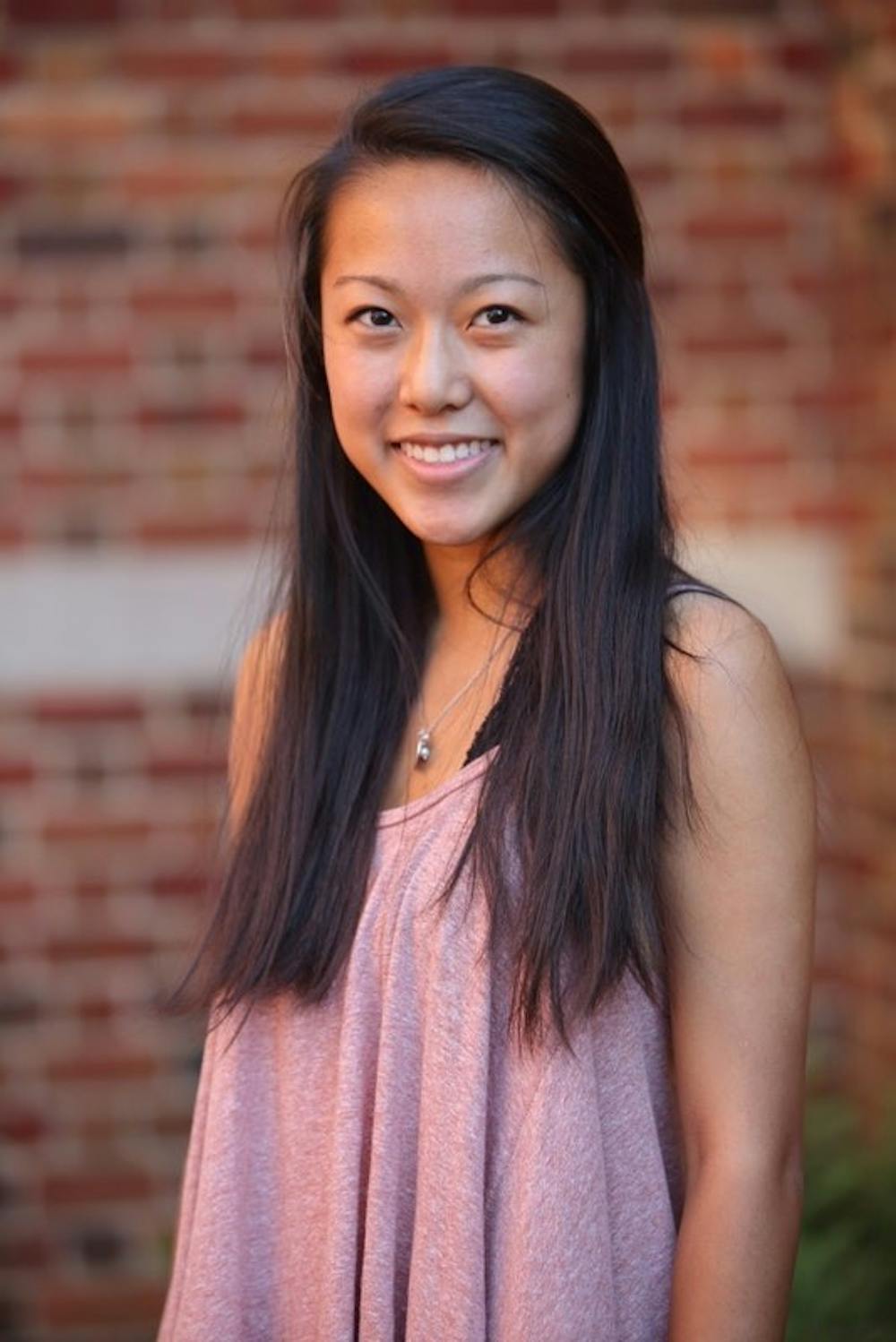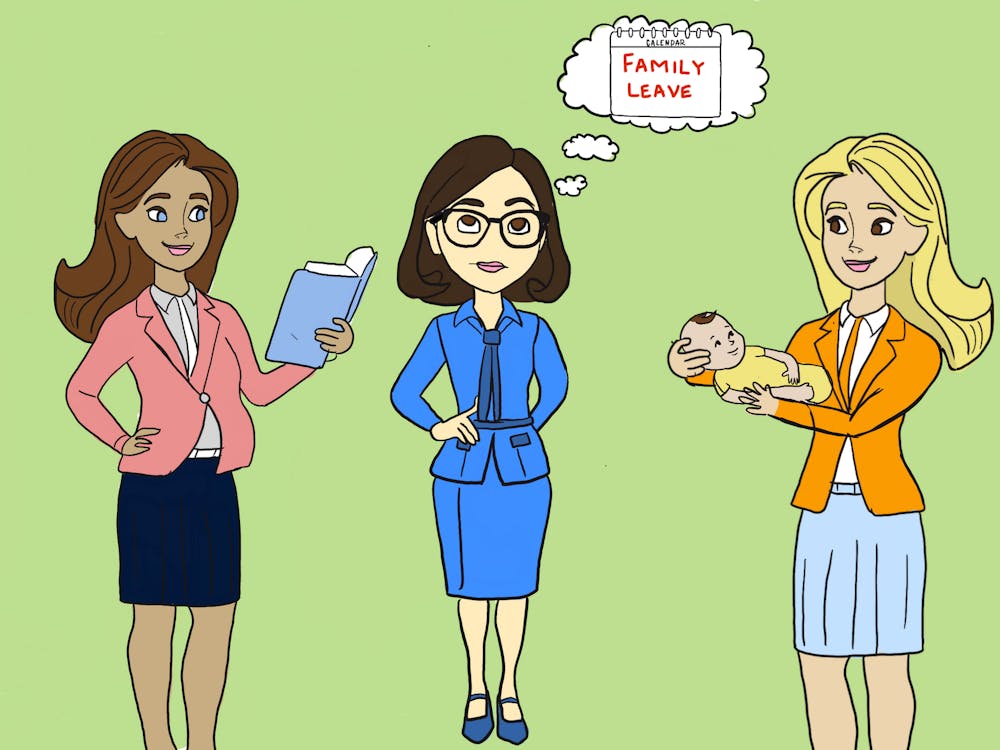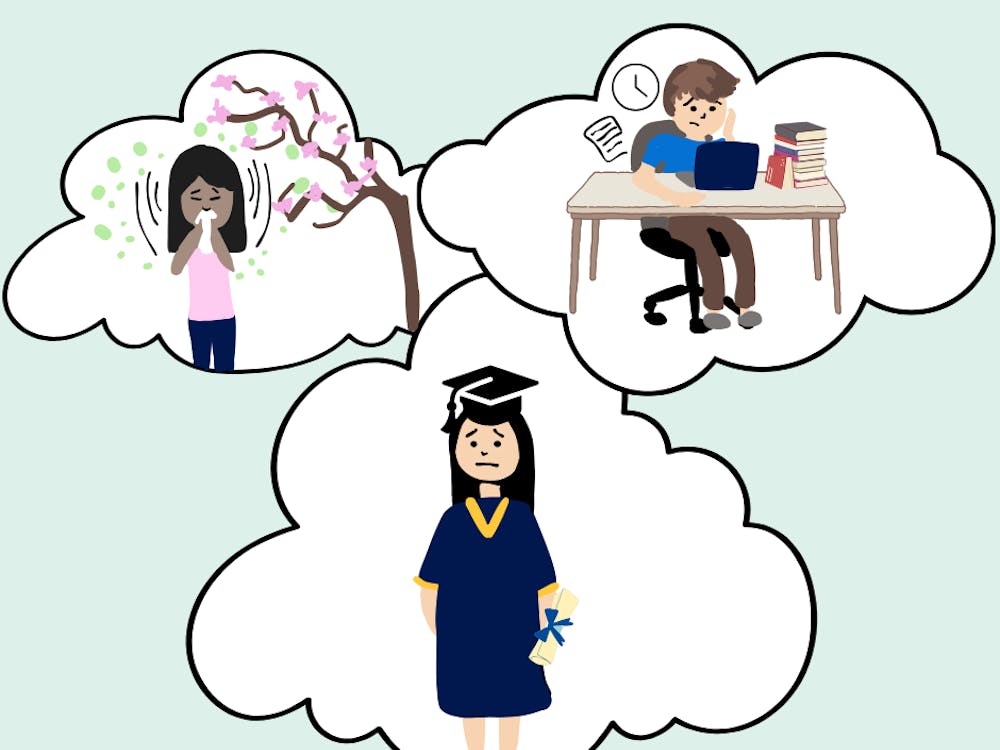Most people complain about requirements.
I took three semesters of Spanish because it was required as part of the University’s liberal arts undergraduate curriculum. These three courses were mostly composed of tedious busywork that I found annoying, though, admittedly, they were sometimes fun classes to take. Regardless, I hardly hear my friends tell me they are super excited about this required foreign language class they need to take to graduate.
My friends who are interested in difficult sciences complain about the humanities course they need to take, and my non-science friends always opt to take astronomy to fulfill their science requirement. As an indecisive person, I never really ran into that problem. I dabbled in some social science and humanities classes while trying to complete the pre-med prerequisites, and only found the foreign language requirement to be just slightly bothersome.
I don’t think too many people are seriously bothered by these requirements, because for starters they usually require two three-credit courses at most. On the other hand, many of the requirements are bearable — a laid-back sociology or astronomy class isn’t hard to pinpoint with the help of Lou’s List and TheCourseForum. In other cases, the College requirements align with professional school requirements, like in the case of medical school. Pre-med students are usually advised to take sociology and psychology in addition to their hard science classes.
That’s easy enough. You could typically find a pre-med student treating these courses as child’s play compared to their organic chemistry class. But I really hate that approach.
I’m in a class this semester called “medical anthropology”, taught by Professor Scherz, and it is incredible so far. It takes an in-depth look at the discrepancies between disease and illness — in other words, a patient’s physiological state and that same patient’s holistic functioning state. It’s the struggle between the hard facts of the disease versus the specific situation of the person who is dealing with it. We discuss difficult questions like how to deal with a patient who is suffering from a debilitating condition but refuses to take their life-saving medicine based on religious or cultural reasons. We talk about the need for doctors to do more than just treat the disease — they need to treat the disease in the context of the individual patient, and that is never going to be the same for any two people.
These are the things they don’t teach in upper-level science courses but are necessary in making a really good doctor. I think it’s important to take these things seriously. In my opinion, social sciences are severely underrated.
This doesn’t only apply to my medical anthropology course. All of the social science courses I’ve taken at the University have opened me up to new ideas about people and society in ways I had never thought before. My social psychology class helped me learn way more about my behavior and myself than I had in biology. Sociology of the Family helped me understand why different cultures have different family dynamics and gave me insight into the realities of divorce and marriage in the United States. The discussion sections that were tacked onto these courses further allowed me to take in opinions and thoughts that I had never considered before.
But I also think it’s easy to fake it in these courses. If you can write a compelling paper, study hard for the exams, speak a few times in discussion sections and keep up with some readings, you can pull off a decent grade in these classes without really delving deeper.
If you do, though, I think you may find some really interesting stuff.
I’ve found that social sciences are often viewed as frivolous courses to take to fulfill the College requirements. To write these classes off as requirements and not opportunities to learn more, though, is doing both a disservice to the professors and yourself. There is a novel perspective that can only be found in social science courses, so take the requirement and have a little fun.







